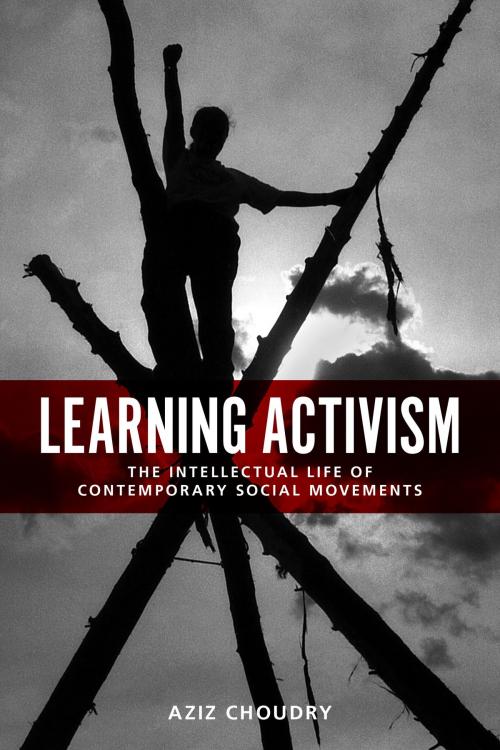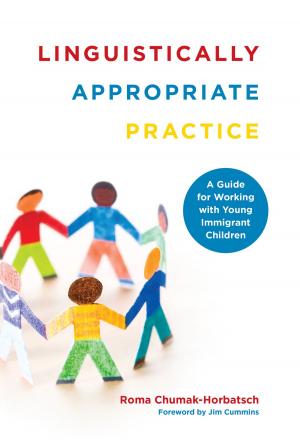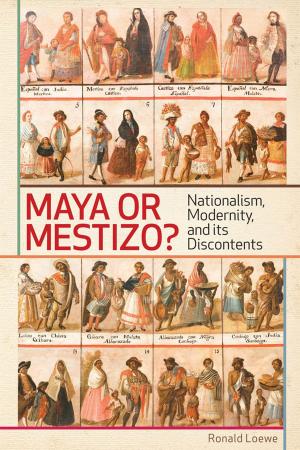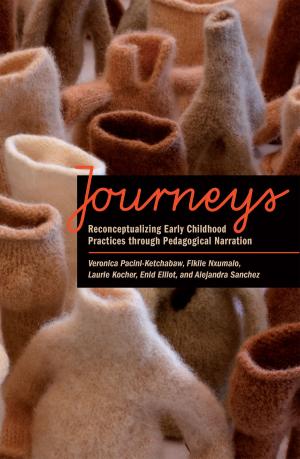Learning Activism
The Intellectual Life of Contemporary Social Movements
Nonfiction, Reference & Language, Education & Teaching, Non-Formal Education, Educational Theory, Adult & Continuing Education, Social & Cultural Studies, Social Science, Sociology| Author: | Aziz Choudry | ISBN: | 9781442607934 |
| Publisher: | University of Toronto Press, Higher Education Division | Publication: | September 30, 2015 |
| Imprint: | Language: | English |
| Author: | Aziz Choudry |
| ISBN: | 9781442607934 |
| Publisher: | University of Toronto Press, Higher Education Division |
| Publication: | September 30, 2015 |
| Imprint: | |
| Language: | English |
What do activists know? Learning Activism is designed to encourage a deeper engagement with the intellectual life of activists who organize for social, political, and ecological justice. Combining experiential knowledge from his own activism and a variety of social movements, Choudry suggests that such organizations are best understood if we engage with the learning, knowledge, debates, and theorizing that goes on within them. Drawing on Marxist, feminist, anti-racist, and anti-colonial perspectives on knowledge and power, the book highlights how activists and organizers learn through doing, and fills the gap between social movement practice as it occurs on the ground, critical adult education scholarship, and social movement theorizing. Examples include anti-colonial currents within global justice organizing in the Asia-Pacific, activist research and education in social movements and people's organizations in the Philippines, Migrant and immigrant worker struggles in Canada, and the Quebec student strike. The result is a book that carves out a new space for intellectual life in activist practice.
What do activists know? Learning Activism is designed to encourage a deeper engagement with the intellectual life of activists who organize for social, political, and ecological justice. Combining experiential knowledge from his own activism and a variety of social movements, Choudry suggests that such organizations are best understood if we engage with the learning, knowledge, debates, and theorizing that goes on within them. Drawing on Marxist, feminist, anti-racist, and anti-colonial perspectives on knowledge and power, the book highlights how activists and organizers learn through doing, and fills the gap between social movement practice as it occurs on the ground, critical adult education scholarship, and social movement theorizing. Examples include anti-colonial currents within global justice organizing in the Asia-Pacific, activist research and education in social movements and people's organizations in the Philippines, Migrant and immigrant worker struggles in Canada, and the Quebec student strike. The result is a book that carves out a new space for intellectual life in activist practice.















